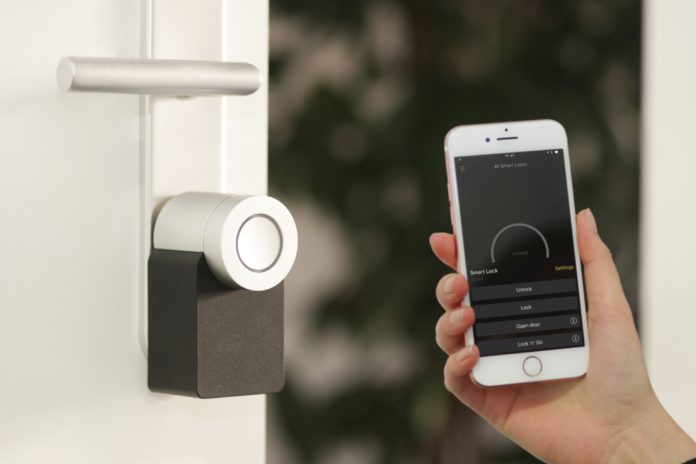According to the “Singapore Smart Home Market, Number, Household Penetration & Key Company Analysis – Forecast to 2025” report, the smart home market in Singapore is estimated at over US$ 125 Million in 2018 and is predicted to grow at a double-digit rate during the forecast period to 2025. This report provides a comprehensive assessment of the fast-evolving, high-growth Singapore Smart Home Industry.
Smart homes are the residences that are equipped with information and computing technology devices that anticipates and responds to the requirement of the owner in an effective and efficient manner. There is a growing demand in the Singapore market for safe and secure living environment, especially concerning safety functionalities and discrete monitoring for elderly people.
In line with Singapore’s Smart Nation vision to improve the quality of lives of Singaporeans through the use of digital technology and Big Data, Singapore’s Housing and Development Board (HDB) has been leveraging a suite of smart technologies to improve the planning, development and management of public housing. With approximately 80 per cent of Singapore households living in public housing, various government agencies are working with industry players to develop and test smart home solutions in HDB estates.
The growth of Singapore smart home market is attributed to factors such as the rapidly growing Internet of Things (IoT) market, cost reduction measures enabled by home automation systems, manufacturers expanding their product portfolios, and increasing importance of home monitoring from remote locations.
However, with the increasing demand of smart home devices, security and privacy breaches are also increasing. The issues pertaining to privacy and security breaches are restraining the growth of the smart home market.
The research shows that the Smart Appliance application segment captured maximum share of the Singapore smart home market in 2018, followed by Home Entertainment and then Security. At the other end of the spectrum, the Comfort and Lighting segment captured the least share in that period.














